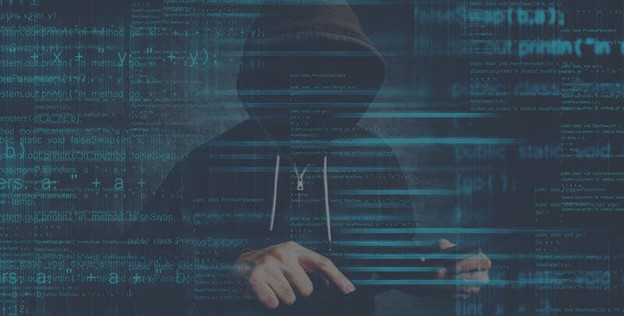The COVID-19 pandemic has caused confusion in people’s lives and finances, leading to a rise in check scams. Wells Fargo recently sent a message to its customers warning them about check scams.
In particular, the 18-24 age group is particularly vulnerable since they are less familiar with what to look for in a check.
A fake check scam involves a person asking you to deposit a check – usually for more than you are owed – and send some of the money to another person. There is always a good story to explain why you aren’t able to keep all the money. They may tell you that you need to pay taxes or fees or buy supplies.
The scams work because fake checks generally look just like real checks, even to bank employees. Often, they are printed with the names and addresses of legitimate financial institutions. There is a possibility that they are genuine checks written on accounts belonging to victims of identity theft.
Banks are required to make deposited funds available within two days, by law. Upon making the funds available in your account, the bank may say the check has “cleared,” but that doesn’t mean it’s a good check. Once the check is deposited, it can take a bank weeks to figure out that the check is fake, and you could end up losing the amount of the check and any money sent to the scammer.
Here’s how to help avoid a fake check scam:
- Never use check money to send gift cards, money orders, or wire money to strangers. Scammers often ask you to send money through money transfer services like Western Union or MoneyGram, or to buy gift cards and provide the personal identification number (PIN). When you wire money or give someone the PINs to their gift cards, it’s like giving them cash. There is almost no going back.
Disregard offers that require you to pay for a prize. It shouldn’t cost anything to get it if it’s free. It is common for scammers to warn you that if you don’t act fast, you may miss out on the prize. It’s a scam; don’t fall for it.
- Don’t accept checks for more than the price. Scammers frequently follow up when the amounts don’t match. The company contacts you, asking for a refund of the difference in price, and possibly claiming that they made a mistake. It’s a big red flag, and you can be sure it’s a scam.
Is your personal information on the dark web? Make sure your identity isn’t at risk!

